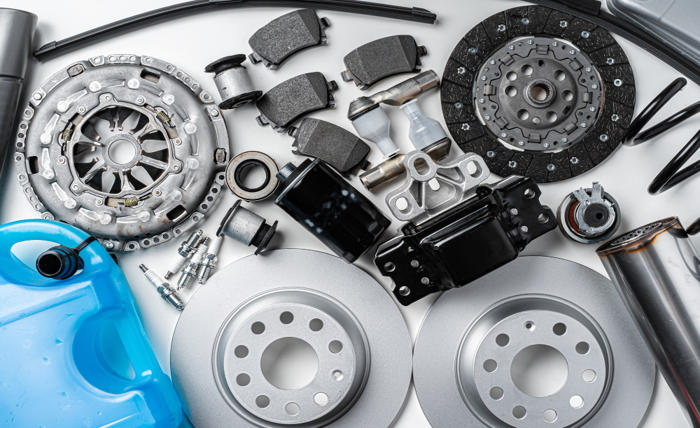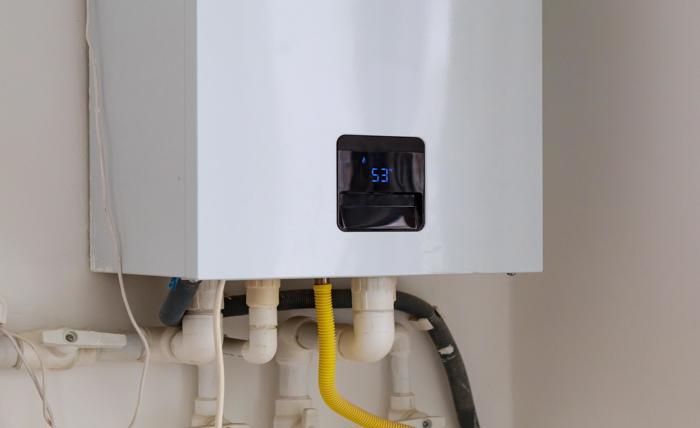When running a business, safeguarding your assets, employees, and operations is crucial. Two popular options for business insurance are the Business Owners Policy (BOP) and General Liability Insurance (GL). Choosing the right policy depends on your business’s specific needs, budget, and risk exposure. This guide explores the differences between BOP and General Liability, helping you determine which policy is best suited for your business.
Understanding General Liability Insurance
General Liability Insurance (GL) protects your business from common risks, such as third-party bodily injury, property damage, and advertising injury. Essentially, it covers incidents like a customer slipping in your store, damage to a client’s property, or claims of defamation. This policy is especially important if your business involves regular interaction with clients or the public.
Key Coverage Areas of General Liability Insurance:
- Bodily Injury: Covers medical expenses if someone is injured on your premises.
- Property Damage: Pays for damages to someone else’s property caused by your business operations.
- Advertising Injury: Protects against claims of defamation, slander, or copyright infringement.
For many small businesses, General Liability is often a first line of defense, as it shields you from potentially costly lawsuits or claims. However, it does not cover your own property, employees, or business interruption—this is where a BOP can fill in the gaps.
What Is a Business Owners Policy (BOP)?
A Business Owners Policy (BOP) combines multiple types of coverage, generally including General Liability Insurance, Property Insurance, and sometimes Business Interruption Insurance. Think of a BOP as a bundled package that covers both liability and certain property risks, often at a more affordable rate than purchasing individual policies separately.
Key Components of a BOP:
- General Liability Coverage: Protects against third-party claims, as discussed above.
- Property Insurance: Covers damages to business property, such as buildings, equipment, and inventory.
- Business Interruption Insurance: Compensates for lost income if your business is forced to close due to a covered event, such as a fire or storm damage.
A BOP is typically designed for small to medium-sized businesses and is ideal for those looking to cover multiple risks with a single, streamlined policy. However, keep in mind that a BOP may not include coverage for professional liability, workers’ compensation, or specialized risks unique to certain industries.
Key Differences Between BOP and General Liability
| Feature | General Liability Insurance | Business Owners Policy (BOP) |
| Primary Purpose | Protects against third-party claims (e.g., bodily injury, property damage) | Combines general liability with property and business interruption coverage |
| Property Coverage | No | Yes |
| Business Interruption | No | Yes |
| Eligibility | Any business | Typically small to medium-sized businesses |
| Customization | Limited | Flexible, can often add specific coverages |
| Cost Efficiency | Affordable for basic liability needs | Generally cost-effective for multi-coverage needs |
Pros and Cons of Each Policy
Pros of General Liability Insurance
- Cost-Effective: Great for businesses focused on liability coverage only.
- Widely Available: Most insurers offer GL policies tailored to various industries.
- Simple and Flexible: Easy to customize without property or business interruption complexities.
Cons of General Liability Insurance
- Limited Coverage: Does not protect your own property or business income.
- No Business Interruption Insurance: Lack of coverage for income loss can be a financial risk in case of disaster.
Pros of a Business Owners Policy
- Comprehensive Coverage: Bundles multiple coverages, reducing the need for additional policies.
- Cost Savings: Generally more affordable than buying separate policies for liability, property, and business interruption.
- Enhanced Protection: Covers both third-party and property-related risks, making it ideal for business continuity.
Cons of a Business Owners Policy
- Eligibility Requirements: Not all businesses qualify for a BOP.
- Limited Industry-Specific Coverage: Does not typically include coverage for professional liability or specialized risks.
When Should You Choose General Liability Insurance?
General Liability Insurance may be the right choice if:
- Your business operates on a tight budget and primarily needs liability protection.
- You lease a space, and property coverage is not a priority.
- Your operations involve regular client interactions but minimal property risk.
For instance, freelancers or consultants working from a home office may find that GL insurance provides adequate protection without the need for a BOP’s broader coverage.
When Should You Choose a Business Owners Policy?
A Business Owners Policy is likely more suitable if:
- Your business has a physical location or valuable assets, such as equipment or inventory.
- You want coverage for both liability and property-related risks.
- Business interruption coverage is a priority to safeguard against revenue loss in case of a disaster.
Brick-and-mortar stores, small manufacturing units, and professional offices (like legal or medical practices) often benefit from the comprehensive protection a BOP offers.
Cost Comparison: GL vs. BOP
Generally, General Liability Insurance costs less than a BOP because it offers limited coverage. A Business Owners Policy typically costs more upfront, but its bundled nature can save you money in the long run if you require multiple coverages. Prices vary based on factors like your industry, location, and specific risks, so it’s wise to obtain quotes for both options to compare.
Making the Decision: GL or BOP?
Choosing between General Liability Insurance and a Business Owners Policy ultimately comes down to your business’s needs. Here are a few final considerations:
- Budget: If affordability is key and you’re primarily concerned with liability risks, GL might be enough.
- Business Assets: If you own or rent property and have assets to protect, a BOP’s broader coverage could be worth the investment.
- Continuity: For businesses that would struggle financially if forced to close temporarily, a BOP’s business interruption coverage is invaluable.
Final Thoughts
Both General Liability Insurance and a Business Owners Policy serve essential purposes for business owners. Whether you choose GL or a BOP, taking proactive steps to protect your business is a worthwhile investment. Evaluate your business structure, potential risks, and budget constraints carefully, and consider consulting with an insurance professional to help you decide.
With the right coverage, you can focus on growing your business, knowing you’re protected against the unexpected.













